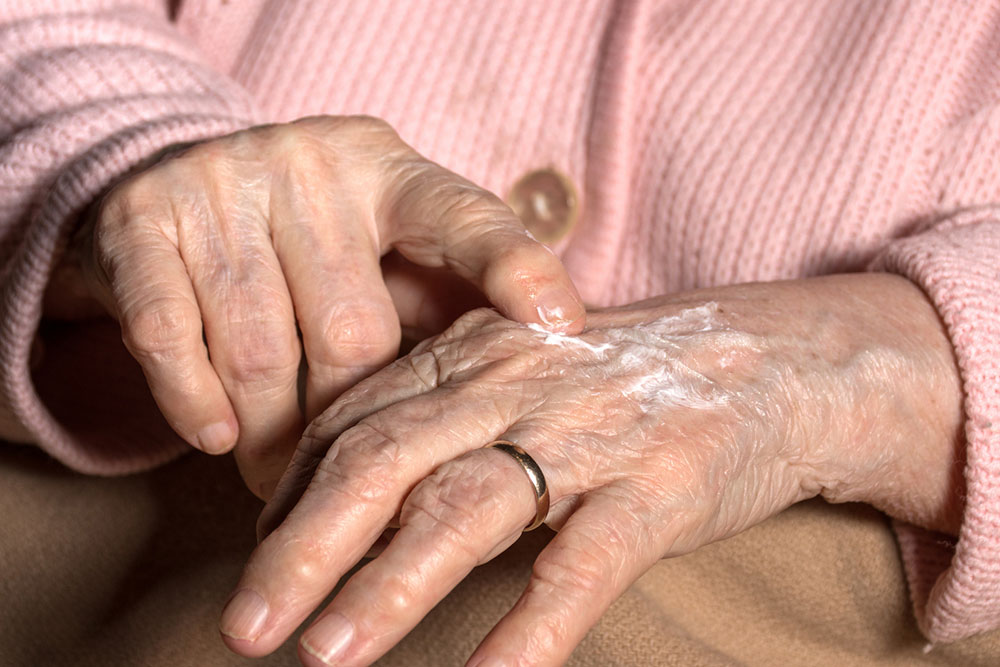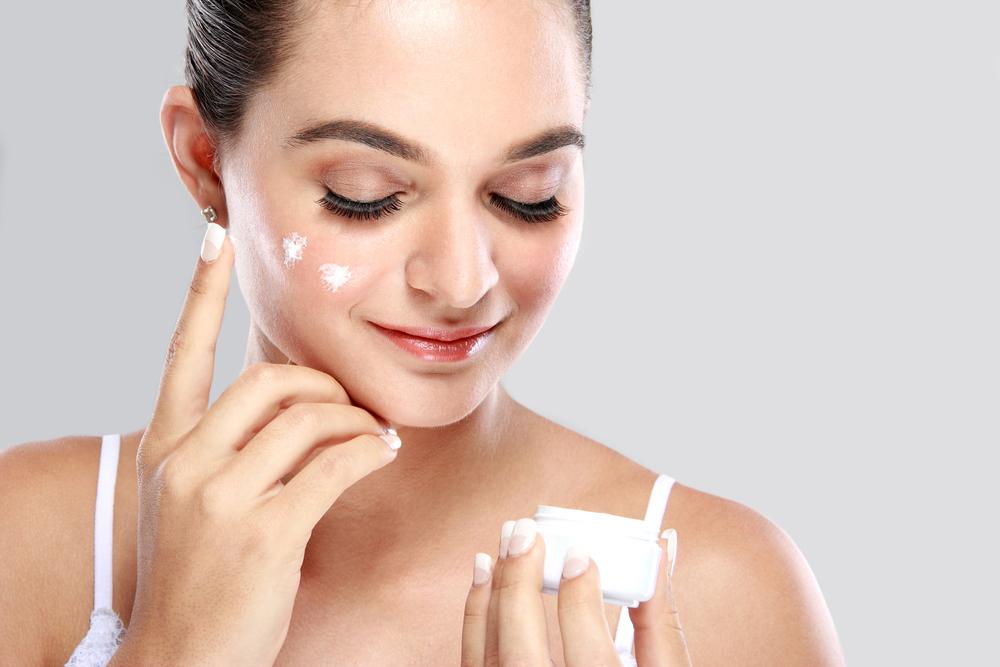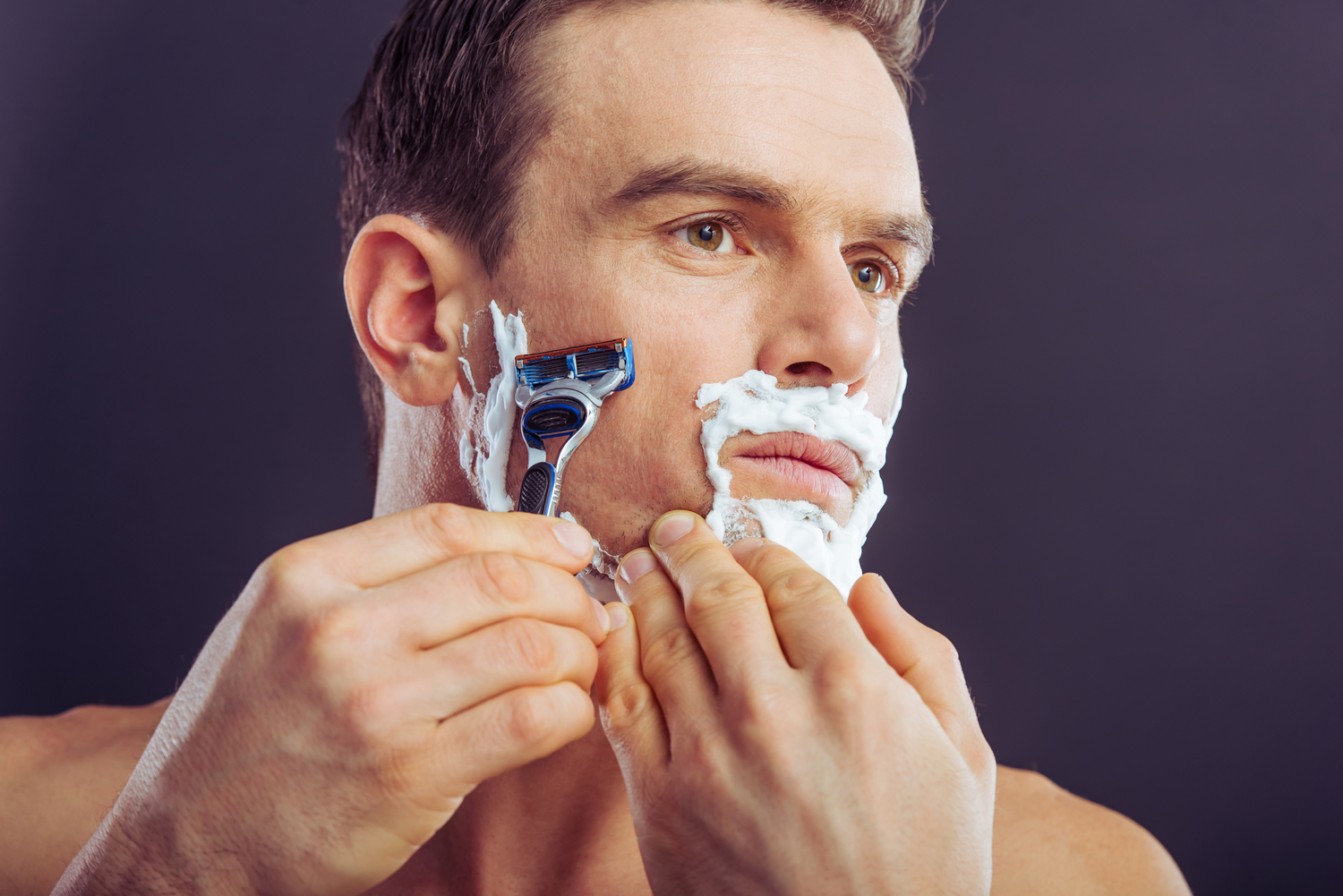Prevention and Management Tips for Crepey Skin
Crepey skin refers to a condition in which the skin becomes thin and wrinkly, similar to crepe paper, hence the name. There are a number of reasons why this happens, which will be discussed below for better understanding. While crepey skin is a common condition, there are some ways to prevent and manage it, such as using creams and lotions to maintain firm and healthy skin. Here are a few prevention and management tips for crepey skin.
Prevention tips
Some preventable measures can be taken to ensure there is no development of early crepey skin or premature skin aging.

Sun protection
One of the most preventable ways is to use various methods to restrict direct sun exposure daily. This includes walking under shade, using sun-protective clothing and sunscreen, and being mindful of how long to stay in the sun. When it comes to sunscreen, it is always recommended to use SPF 30 and above when out during the day when the sun is at its peak.
It is important to use a skincare cream that protects against both UVA and UVB rays, as this can help prevent skin aging and skin cancer. There are two types of sunscreen available – physical and chemical – and a dermatologist can recommend the best one depending on one’s skin type. Sunscreen is essential for preventing crepey skin on the arms, legs, and face, so it’s important to cover any skin that will be exposed to the sun.
Apart from protection from natural sun exposure, tanning beds are another reason for early crepey skin. So, experts advise not to use these tanning beds to prevent skin damage. According to research, these tanning beds damage DNA cells in the skin, which cannot be repaired.
Hydration
Using a good moisturizer helps keep the skin hydrated. There are some hydrating ingredients used in many creams and lotions that the dermatologist suggests, so it is always best to check with them for this extra moisturization.
Elasticity
It is recommended to use products containing ingredients like retinol, which aid in collagen production and skin repair. A dermatologist should be consulted before using these products, and their suggestions should be followed for everyday skincare.
Nutrition
Eating right is the best way to prevent any kind of skin damage. This includes eating foods rich in antioxidants like carotenoids, tocopherols, and flavonoids. Additionally, including foods high in vitamins A, C, D, and E, as well as Omega 3 fatty acids, in one’s meal plan can benefit skin health.
Natural remedies
Some remedies include physical exercise, regular massaging of the arms, legs, and face, stress management, and a good night’s sleep. One can also try using gentle homemade scrubs with olive oil and sugar, oats with curd or milk, or a coffee scrub with coconut or olive oil. However, it is important to consult a dermatologist before starting any skincare routine at home.
Management tips
Using lotions and creams suggested by the dermatologist should be the course of action for crepey skin tightening and management. The treatment plan may vary depending on the underlying cause of the condition.
Some dermatologists also suggest using radiofrequency to tighten and treat crepey skin. In this therapy, the doctor uses an ultrasound device, radiofrequency, or pulsed light device to treat the skin from the inside. This device heats small areas of the skin and passes the energy into the skin deeply. This helps in collagen remodeling and makes the skin tighter as a result.
Surgery is another option that some people choose after a careful consultation with their doctor. This is usually for those with excessive crepey skin, and other treatments remain ineffective.
Causes
This condition is most common in older people, so aging is one of the causes of crepey skin. According to the American Academy of Dermatology, UV radiation is another significant reason for crepey skin. In fact, it is the most preventable cause of early skin damage for most individuals, as per the organization.
This UV radiation damage can occur from natural sun exposure or even using tanning beds. The radiation breaks down the elasticity of the skin, leading to wrinkly and sagging skin. When the skin elasticity is normal, stretching of the skin does not lead to sagging. It can go back to its normal position easily. There are some other causes also for crepey skin, and these include:
- Lack of moisture in the skin
- Sleep deprivation
- Pollution
- Difficulty in eating nutritional meals
- Increased cortisol levels due to stress lead to skin repair issues
- Constant heat exposure
- Side effects of some treatment therapies
In some cases, a genetic disorder also leads to disruption in skin integrity or premature skin aging. Some of these genetic disorders include Ehlers-Danlos syndrome, progeria, and Werner syndrome. These conditions are known to be rare, so the likelihood of developing them is much less. However, if one experiences any symptoms, it is important to seek an accurate diagnosis.




